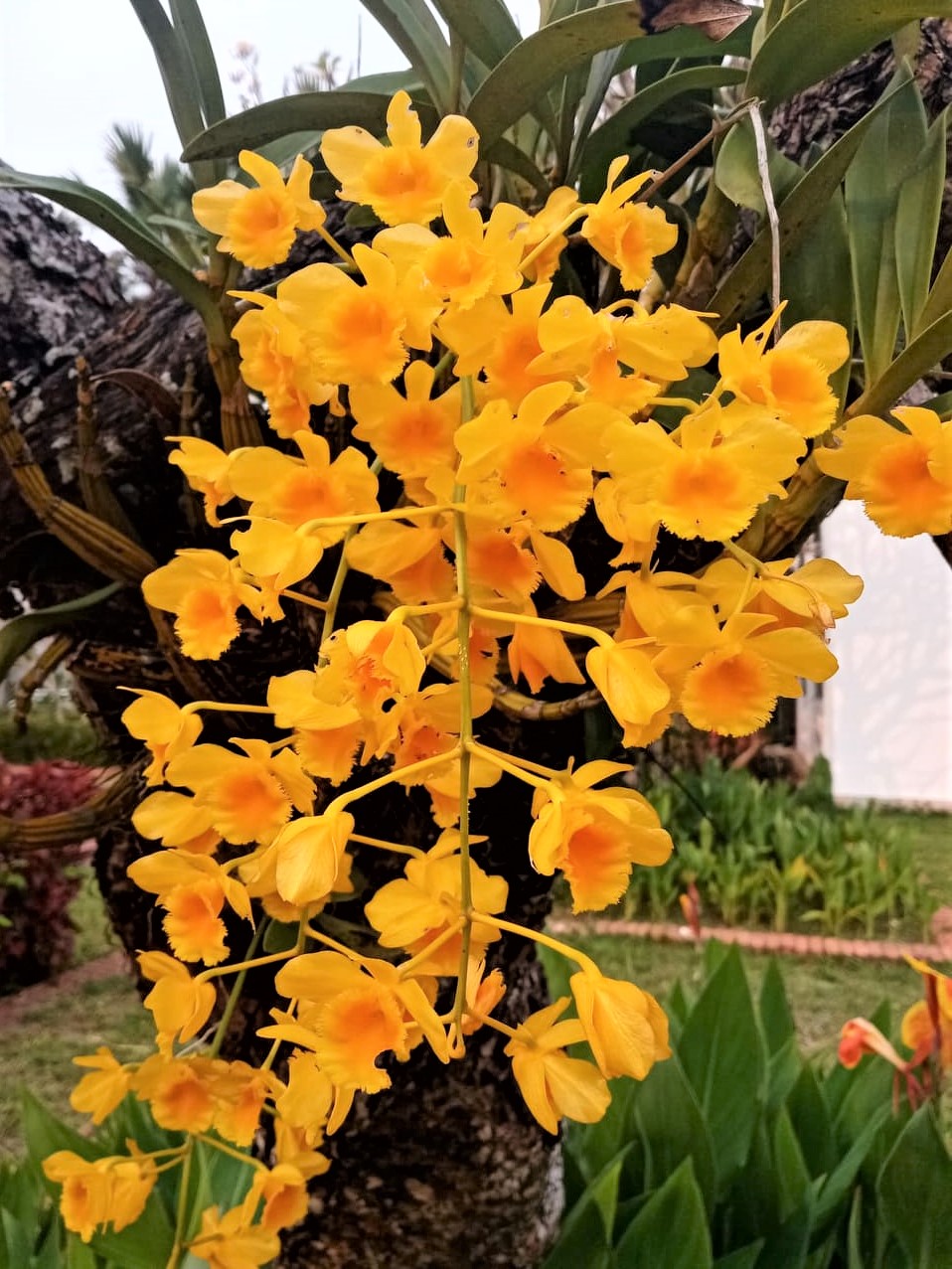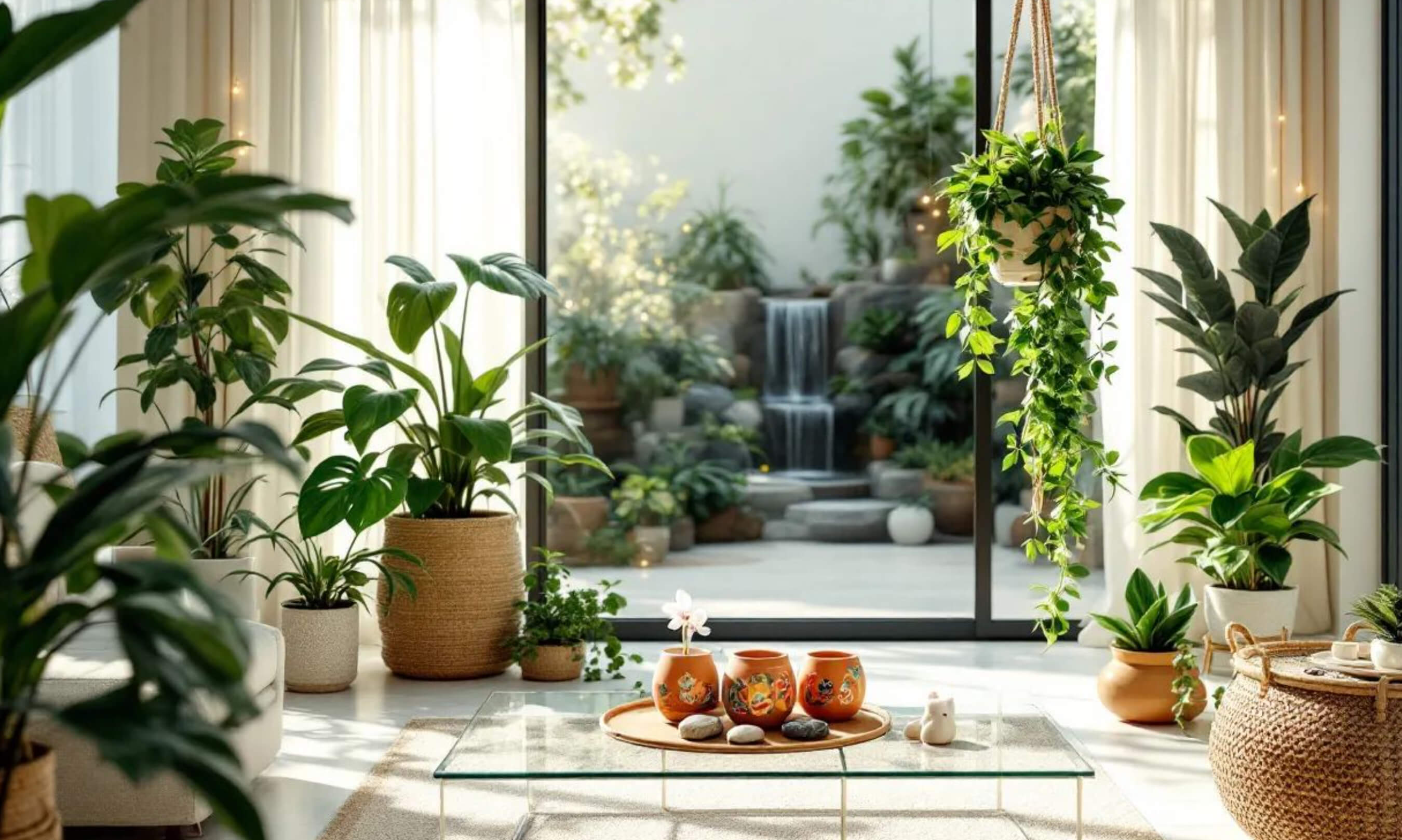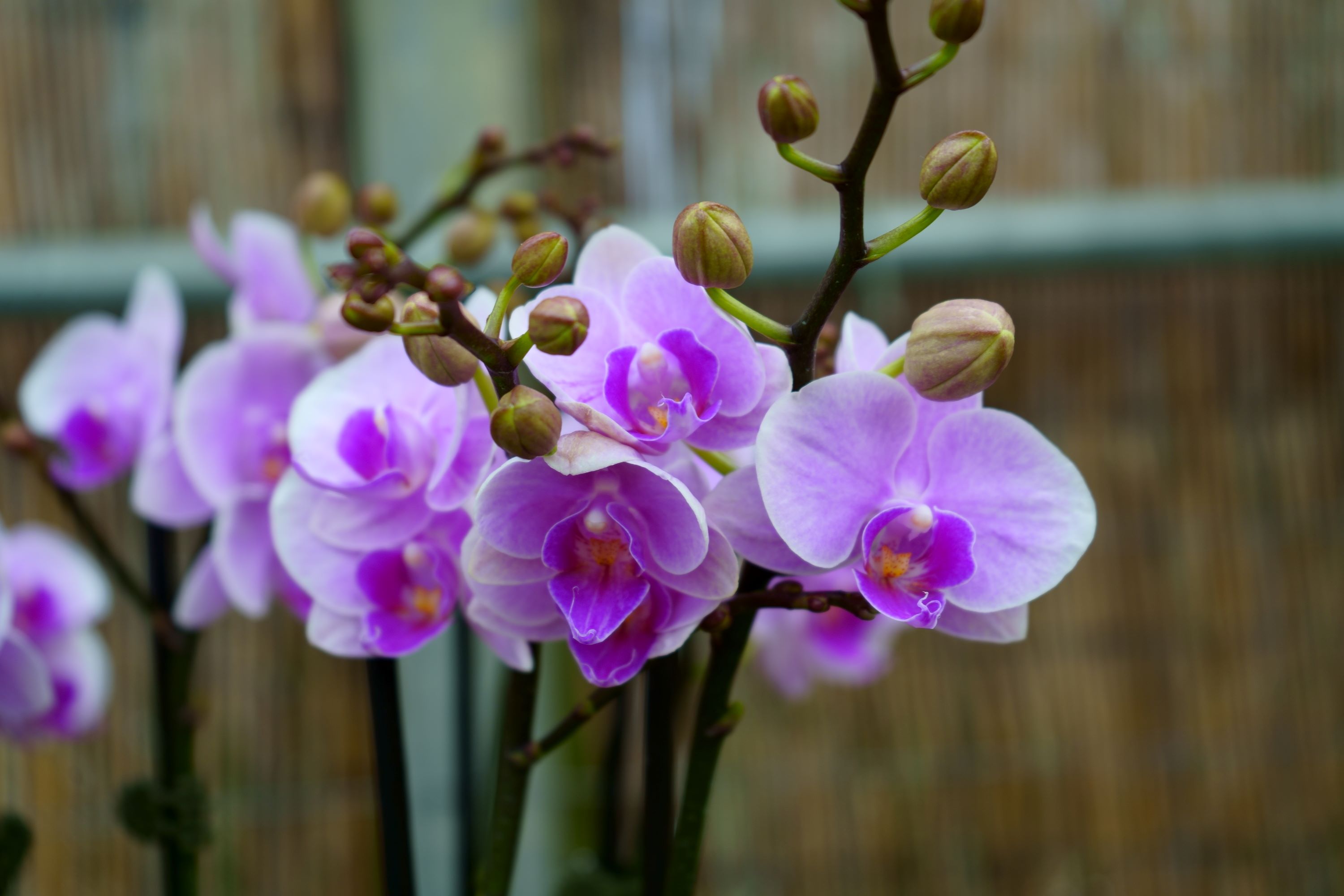- Home
- Watering
Orchid Care Watering: A Complete Guide to Watering Orchids Correctly
Watering is one of the most critical aspects of orchid care, but it can also be one of the trickiest to get right. Orchid care watering needs vary by species, the type of growing medium, the size of the plant or container, the climate, and even the season. Whether you’re using rainwater, tap water, reverse osmosis water, or distilled water, understanding the quality and temperature of your water is key to keeping your orchids healthy and thriving.
In this guide, we’ll explore the best water sources for orchids, how to test and treat your water, and why reverse osmosis water is the gold standard for orchid care. Let’s dive in!

Heavenly Orchids participates in affiliate marketing programs, which means we may earn commissions on qualifying purchases made through our links. We only recommend products we genuinely believe in.
Get Your Free Phalaenopsis Orchid Care Guide Now!
Why Water Quality Matters for Orchids
Many orchids in cultivation such as the popular Phalaenopsis are epiphytes, meaning they grow on trees in their natural habitat and absorb water and nutrients from rain, dew, and humidity. To replicate these conditions at home, it’s essential to provide water that’s free of harmful chemicals, salts, and impurities.
Here’s what you need to know about the different water sources for orchid care watering:
1. Rainwater: The Natural Choice
In nature, orchids thrive on rainwater, which is soft, slightly acidic, and free of dissolved salts. If you’re lucky enough to live in an area with clean rainfall, collecting rainwater is an excellent way to provide your orchids with the ideal water source.
- How to Collect Rainwater: Use a rain barrel or a simple water catchment system to harvest rainwater. Many affordable models are available for under $100.
- Benefits: Rainwater is naturally soft and has a low pH, making it perfect for orchids.
2. Tap Water: Convenient but Caution Needed
For most people, tap water is the most accessible water source. However, not all tap water is created equal. The quality of your tap water depends on its hardness (total dissolved salts) and pH level.
- Hard vs. Soft Water:Soft Water: Less than 100 parts per million (ppm) of total dissolved salts (TDS).Medium Soft Water: 100–200 ppm TDS.Hard Water: Over 200 ppm TDS.
- Why It Matters: Hard water can lead to salt buildup in the growing medium, damaging the orchid’s roots over time.
- Testing Your Water: Use a TDS meter to check water hardness and a pH meter to ensure the pH is between 5 and 7 (slightly acidic to neutral).
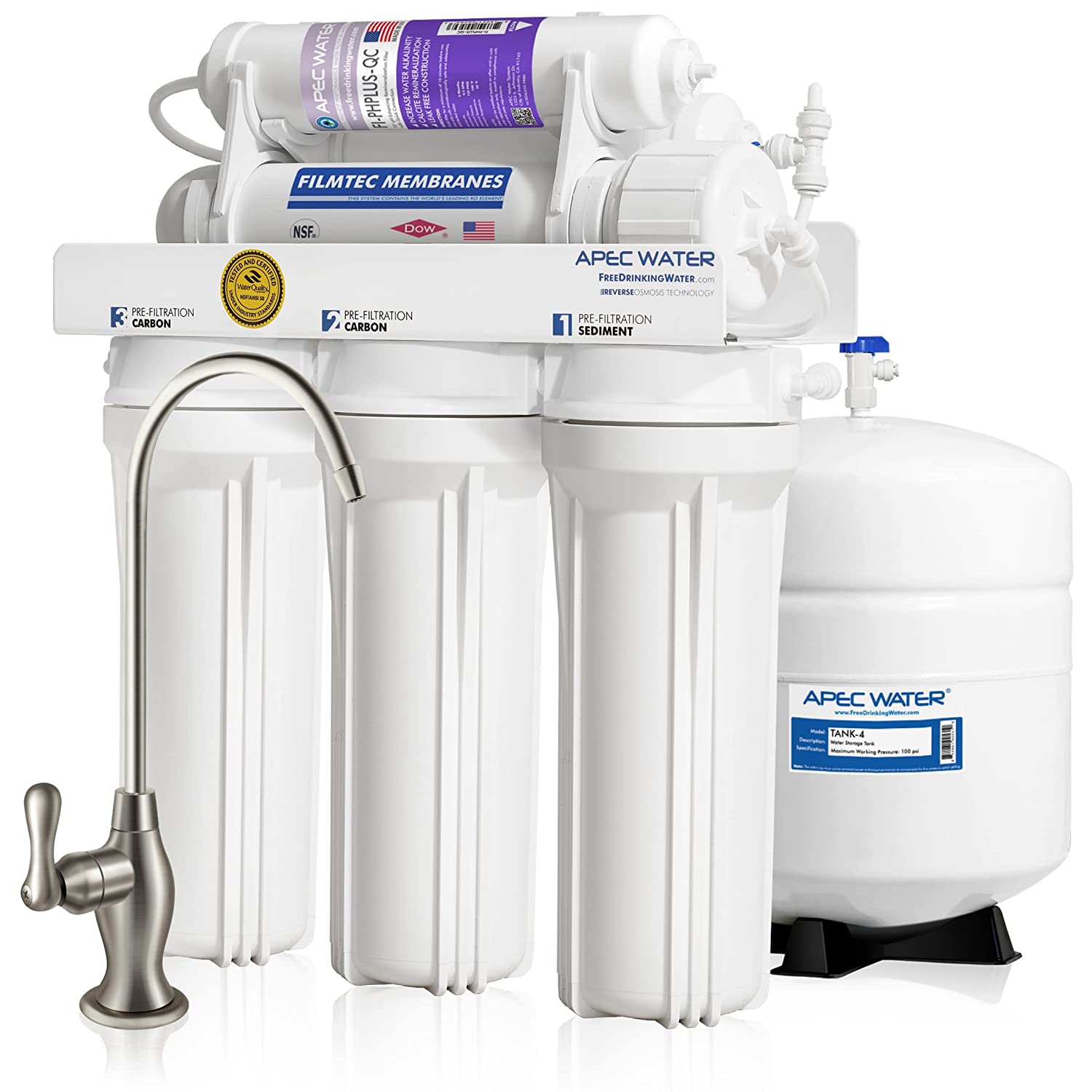
APEC Water Systems Top Tier Supreme Certified Alkaline Mineral pH+ High Flow 90 GPD 6-Stage Ultra Safe Reverse Osmosis Drinking Water Filter System (Ultimate RO-PH90)
3. Reverse Osmosis Water: The Gold Standard
If you’re serious about orchid care watering, investing in a reverse osmosis (RO) water system is one of the best decisions you can make. It's not only beneficial for you but will provide your orchids with the purest water possible. RO systems remove salts, chemicals, and impurities, providing pure water that’s ideal for orchids. Whenever I move to new home, installing a reverse osmosis water filtration system is one of the first things that I do.
- Benefits of RO Water: Lowers TDS to below 100 ppm. Maintains a slightly acidic pH (5–7). Enhances fertilizer performance by preventing salt buildup.
- Maintenance: Regularly check your RO system’s efficiency with a TDS meter and replace filters as needed.
Recommended Product: APEC Water Systems RO-PH90 Reverse Osmosis System
4. Distilled Water: A Budget-Friendly Alternative
If a reverse osmosis system isn’t in your budget, distilled water is the next best option. Distilled water is created through a process of steaming and condensation, leaving behind salts and impurities.
- Benefits: Soft and low in TDS. Slightly acidic pH, ideal for orchids.
- Tip: Always test distilled water with a TDS meter after adding fertilizer to ensure the pH remains in the optimal range.

- 8-tier space-saving plant display
- Built-in grow light system
- 62" tall S-shaped design
- Sturdy metal construction
- Patented modern rack design
- Fits home or patio
- Accommodates multiple plants
Temperature: The Overlooked Factor in Orchid Care Watering
Orchids are tropical plants, and sudden temperature changes can shock their roots, leading to premature flower loss or stunted growth.
- Ideal Water Temperature: Aim for room temperature (70–90°F or 20–30°C).
- Tip: If you’re using tap water, let it sit in a watering can until it reaches room temperature before watering your orchids.
Ice cubes or no ice cubes?
You may have heard the advice to water orchids with ice cubes, but this advice, although it can keep your orchids alive for some time, it can also harm your plants.
- Why Ice Cubes Are Not a Good Idea: Most orchids are tropical plants and are not biologically adapted to cold temperatures. Ice can damage the roots and lead to long-term health issues.
- The Right Approach: Use room-temperature water and follow the “water weakly, weekly” method for consistent hydration
- If you do use this approach, make sure to place the ice cube on the bark and not on the roots.
How to Water Orchids Correctly
- Check the Growing Medium: Before watering, ensure the medium is nearly dry. Overwatering is one of the most common mistakes in orchid care.
- Water Thoroughly: Pour water evenly over the growing medium until it drains out of the bottom of the pot.
- Avoid Standing Water: Never let your orchid sit in water, as this can lead to root rot.
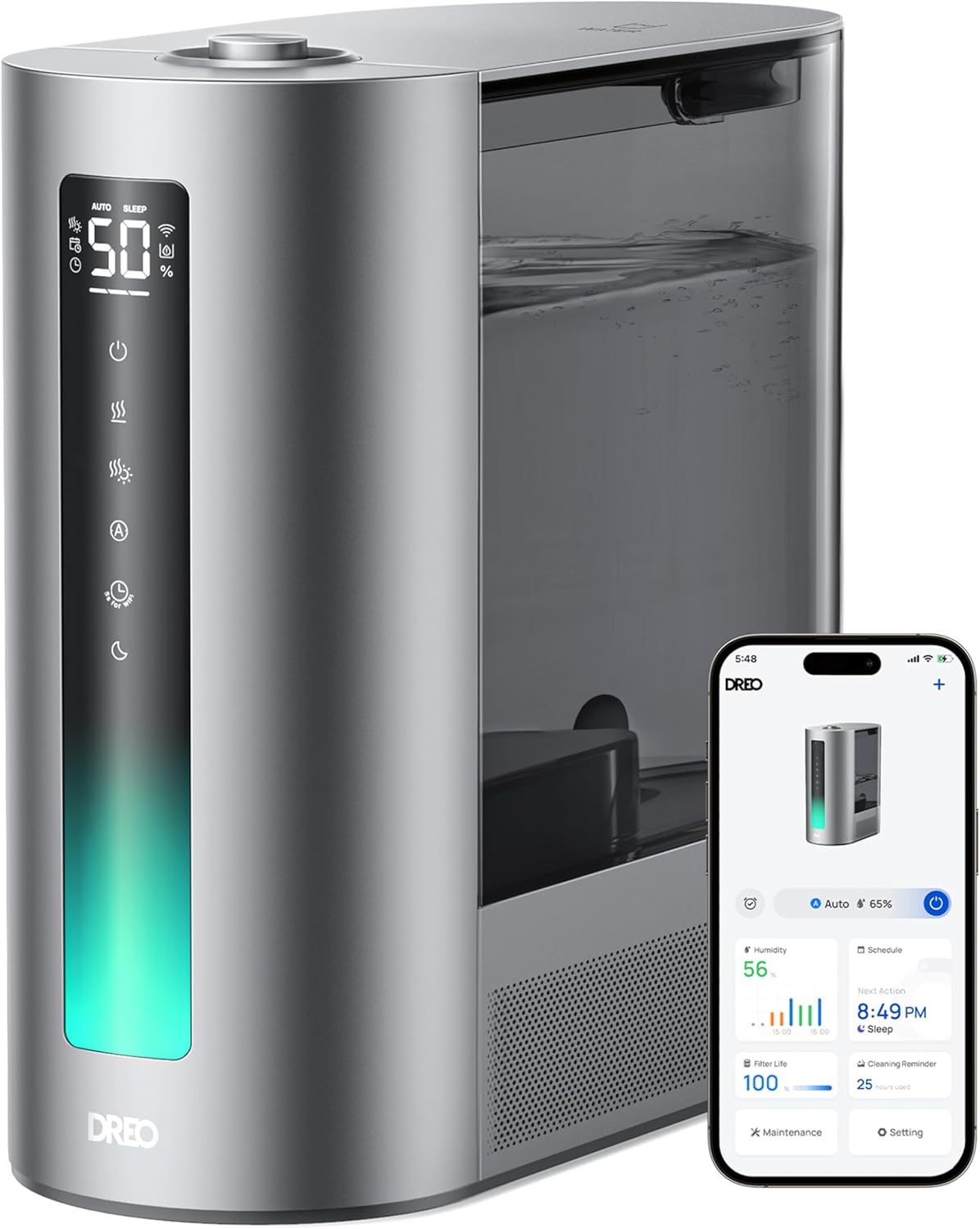
Final Tips for Orchid Care Watering
- Use reverse osmosis water or rainwater for the best results.
- Test your water regularly with a TDS meter and pH meter.
- Water at room temperature to avoid shocking the roots.
- Avoid ice cubes—opt for consistent, room-temperature watering instead.
By following these orchid watering tips, you’ll keep your plants healthy and thriving, ensuring they reward you with stunning blooms year after year.
Love Orchids? Get the Best Tips Delivered!

